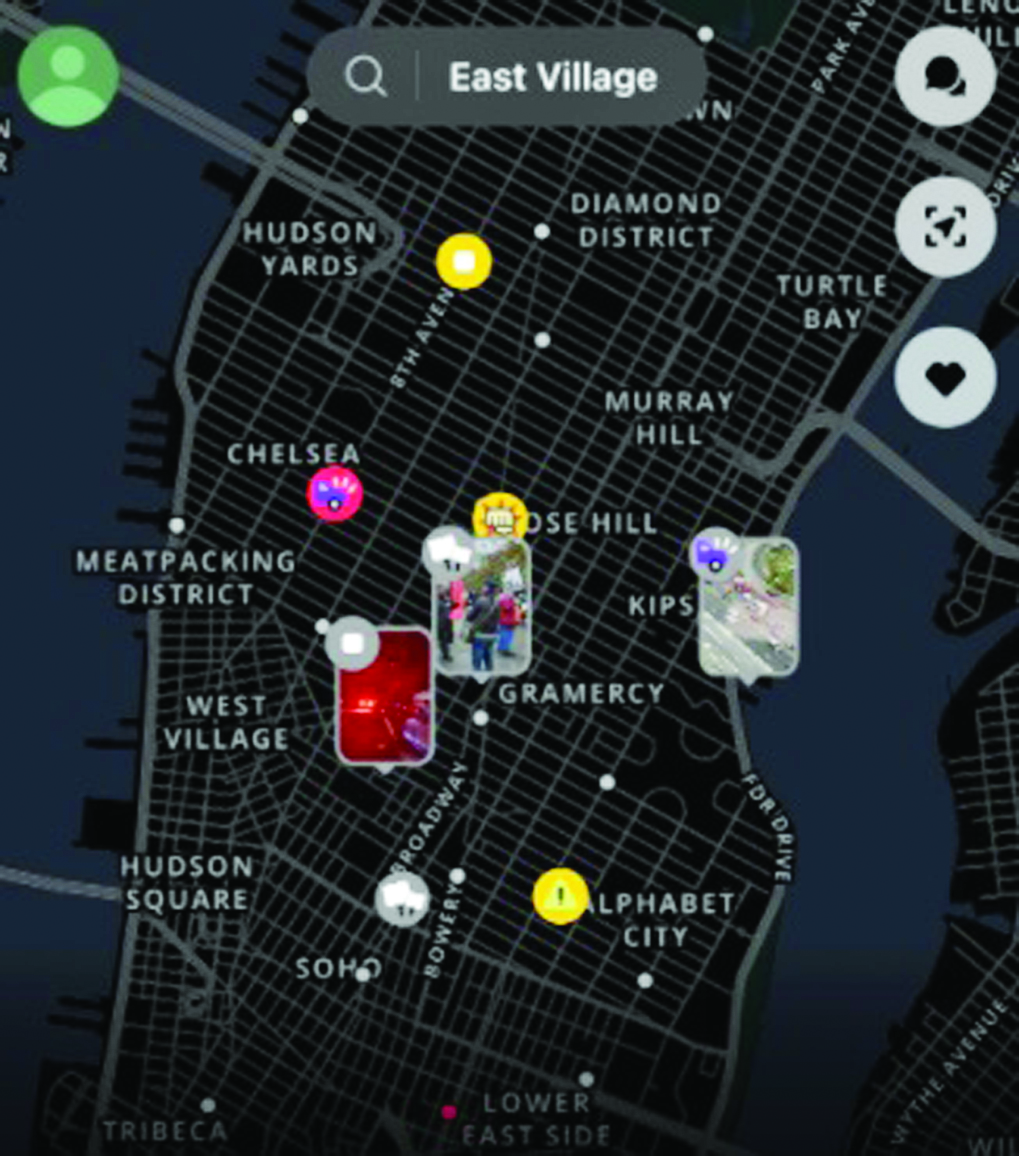You’re about to go out on a nightly run when a notification from the app, Citizen, pops up on your phone: “Reports of a man with a knife 0.4 miles away.” You immediately drop your stuff and go back to the comforts of your bed. As you further scroll through Citizen, you open to a map of your neighborhood with yellow dots marking incidents that were reported. You’re able to see clips of the incidents taken by other fellow citizens.
“Citizen” (previously known as “Vigilante”), was launched in New York in 2016, but was taken down from the App Store due to controversies with police departments. The name of the app seemed to promote the act of vigilantism, or in other words, putting citizens in harm’s way in order to take on crime directly. When the app returned in March 2017 as “Citizen,” the company Sp0n wanted to emphasize the importance of safety networking by suggesting the users to live stream crimes and incidents so that others could view and comment, rather than encouraging citizens to involve themselves with a crime scene. The Citizen website states that it gives users access to “real-time 911 alerts, instant help from crisis responders, and safety tracking for friends and families.”
“Citizen” creates situational awareness, and helps users get a neutral source of information. Knowing why the helicopter is overhead, or why the police are gathered around brings a sense of comfort to many users, including me.
I was introduced to this revolutionary app on social media, where it spread to many of my friends too. Jun Choi, a sophomore at Regis High School, stated, “I think it’s a really cool app, and I like looking through the alerts to know more about the events that are happening around me.” Many teenagers are interested in the excitement around an emergency response, and they are able to learn more about law enforcement through Citizen.
Julia Czech, a sophomore at Stuyvesant High School, was originally skeptical of “Citizen,” as similar apps such as “GhettoTracker,” and “SketchFactor” used public data to racially profile neighborhoods in order to encourage people to avoid “dangerous” parts of town. However, “Citizen” does not manipulate their data for a private agenda, and filters out reports that are not an active incident or emergency, such as suspicious person reports. Instead, they display up-to-date incidents as they were reported to 911 to either help people escape their burning building, or so that people don’t go into a certain road where there is an incident. After hearing about the precautions the app took to provide neutrality, Julia plans on using Citizen more often.
Downloading “Citizen” gave me a wider perception of the world, helping me realize how dangerous it can be in my neighborhood. Although this knowledge can bring anxiety to others, I think that it brought me and my friends a sense of awareness. Not only is the app easy to use, but it’s also free in the App Store with no ads, and available in many cities around America.

